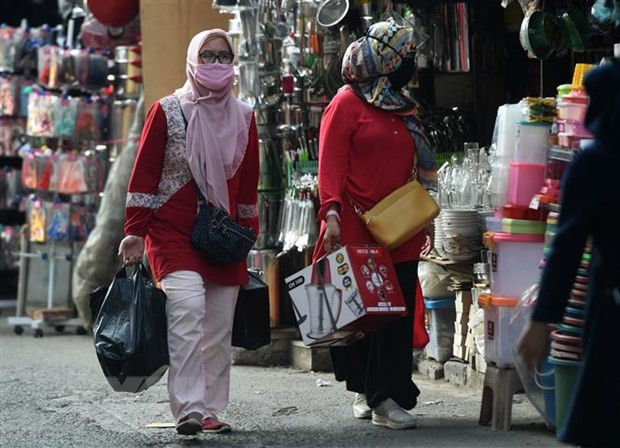Coordinating Minister for Economic AffairsAirlangga Hartarto said by the end of March 2021, the FDI disbursement hadreached 54.6 percent while the consumer confidence index of those with monthlyexpenses below 5 million Rp (352 USD) was recorded at 90.1, which had inchedtowards the normal level of 100.
A positive trend was also apparent in the growthof Indonesia's exports and imports, gross fixed capital formation (GFCF), andthe government spending, he noted, adding that a surge in the prices ofcommodities, such as palm oil, rubber, nickel, copper, and coal, had alsobolstered the government's endeavours to facilitate economic recovery.
Earlier, Deputy Chairman of the IndonesianChamber of Commerce and Industry (Kadin) for National Entrepreneur DevelopmentArsjad Rasjid said the largest Southeast Asian economy is already on the righttrack and is headed towards positive growth.
According to the Central Statistics Agency (BPS)of Indonesia, the country’s GDP still contracted 0.74 percent in Q1, lowerthan the growth of 2.9 percent in the corresponding period last year butimproving from the figure of minus 2.19 percent in Q4 of 2020.
Other positive factors were reported in severalbusiness sectors that experienced positive growth, including informationand communications, at 8.72 percent; water supply, waste management, waste andrecycling, at 5.49 percent; health services and social activities, at 3.64percent.
Based on the data, Arsjad is optimisticthat economic growth in Q2 of 2021 would be higher with an initialestimate of around 5-7 percent as compared to the same period last year./.





























